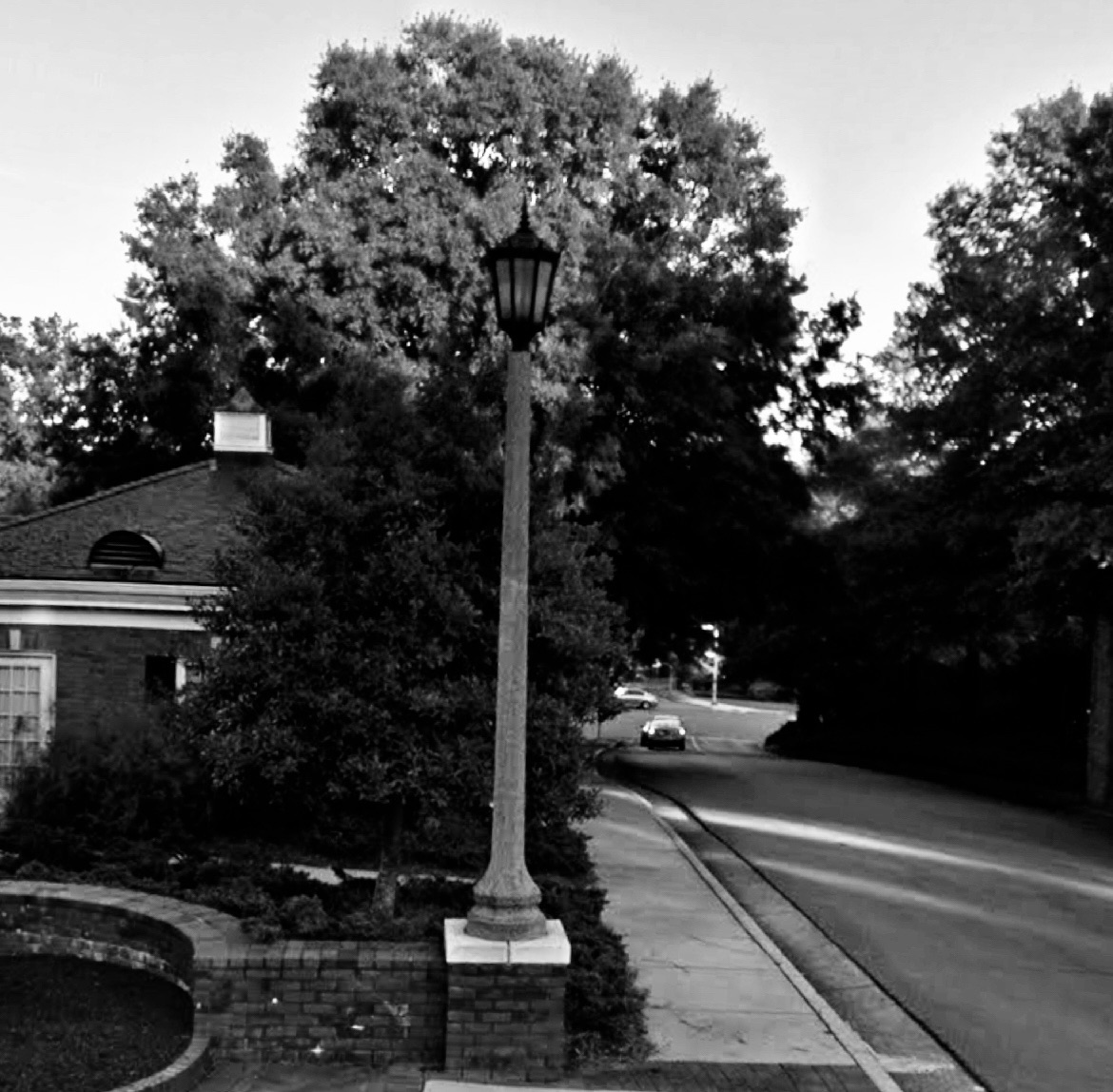BIRMINGHAM, Ala. — The agreement for Miles College to purchase the Birmingham-Southern College campus expired on Monday, November 25, 2024, marking an end to months of negotiations between the two institutions. The historically Black college in Fairfield, Alabama, had aimed to acquire the 192-acre property after Birmingham-Southern closed earlier this year due to financial struggles.
The process began in May 2024, shortly after Birmingham-Southern ceased operations. A joint letter of intent was signed on June 19, expressing mutual interest in the sale and temporarily halting significant marketing efforts to other potential buyers. A formal purchase agreement was executed on September 25, with an initial closing date set for October 25.
Miles College requested an extension to push the closing date to November 25, which was granted. However, a subsequent request by Miles to extend the deadline further to December 24 was denied by Birmingham-Southern’s Board of Trustees. The board cited obligations to meet commitments to lenders and creditors as a primary reason for declining the extension
In a statement, Birmingham-Southern expressed respect for Miles College and acknowledged their shared missions of service and leadership. However, they emphasized the necessity of selling the campus swiftly due to financial obligations. Miles College President Bobbie Knight had previously highlighted the acquisition as a strategic opportunity for growth and community impact.
With the expiration of the agreement, Birmingham-Southern is actively seeking other buyers for its campus. The college remains committed to finding a partner whose mission aligns with its own legacy of education and community service. Meanwhile, Miles College will need to explore alternative avenues for expansion and development.
The outcome of these negotiations holds significant implications for both institutions and their surrounding communities. The potential sale of the Birmingham-Southern campus remains a point of interest as stakeholders consider its future use and impact on local economic development.
This development marks a pivotal moment in the histories of both colleges as they navigate their respective futures amidst changing educational landscapes.

